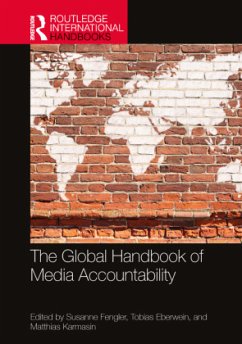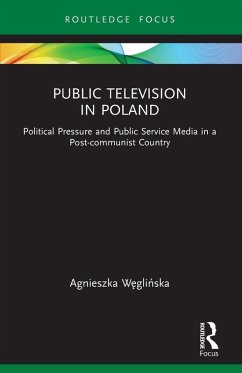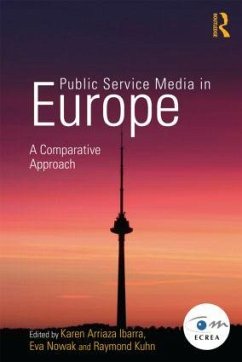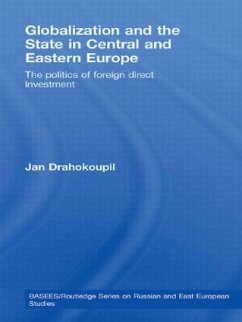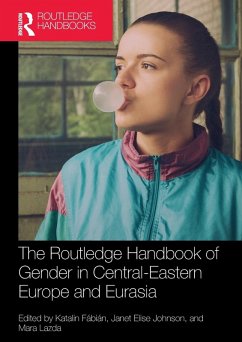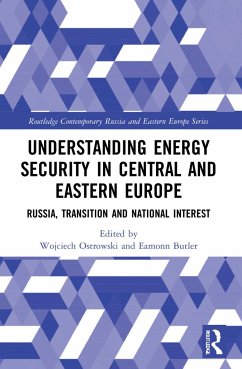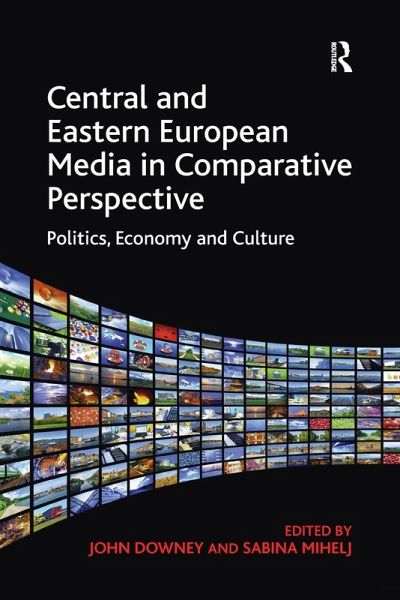
Central and Eastern European Media in Comparative Perspective
Politics, Economy and Culture
Herausgegeben: Downey, John; Mihelj, Sabina
Versandkostenfrei!
Versandfertig in 6-10 Tagen
56,99 €
inkl. MwSt.

PAYBACK Punkte
28 °P sammeln!
Appearing more than twenty years after the revolutions in Central and Eastern Europe, this book could not have come at a more appropriate time; a time to take stock not only of the changes but also the continuities in media systems of the region since 1989. To what extent are media institutions still controlled by political forces? To what extent are media markets operating in Central and Eastern Europe? Do media systems in Central and Eastern Europe resemble media systems in other parts of Europe? The answers to these questions are not the same for each country in the region. Their experience...
Appearing more than twenty years after the revolutions in Central and Eastern Europe, this book could not have come at a more appropriate time; a time to take stock not only of the changes but also the continuities in media systems of the region since 1989. To what extent are media institutions still controlled by political forces? To what extent are media markets operating in Central and Eastern Europe? Do media systems in Central and Eastern Europe resemble media systems in other parts of Europe? The answers to these questions are not the same for each country in the region. Their experience is not homogeneous. An international line up of distinguished experts and emerging scholars methodically examine the different economic, political, cultural, and transnational factors affecting developments in media systems across Central and Eastern Europe. Whereas earlier works in the media system tradition have, in the main, adopted the political framework of comparative politics, the authors argue that media systems are also cultural and economic institutions and there are other critical variables that might explain certain outcomes better. Topics discussed range from political economy to gender inequality to the study of ethno-cultural diversity. This unmatched volume gives you the unique opportunity to study the growing field of comparative media analysis across Eastern and Western Europe. A valuable resource that goes beyond the field of media and cultural analysis which media scholars as well as to area specialists should not go without!





